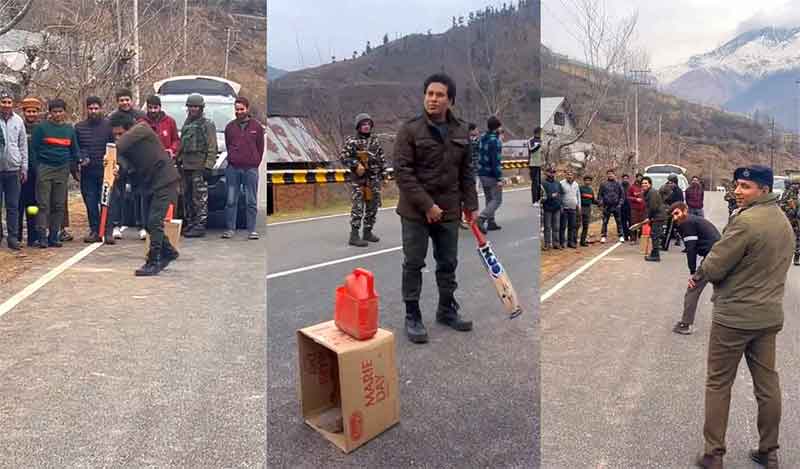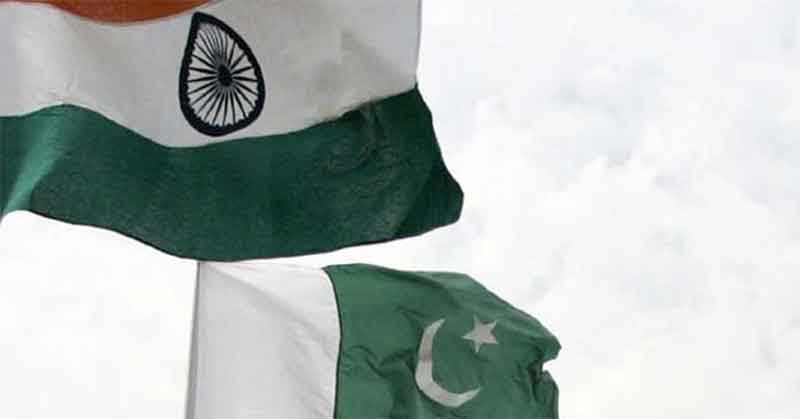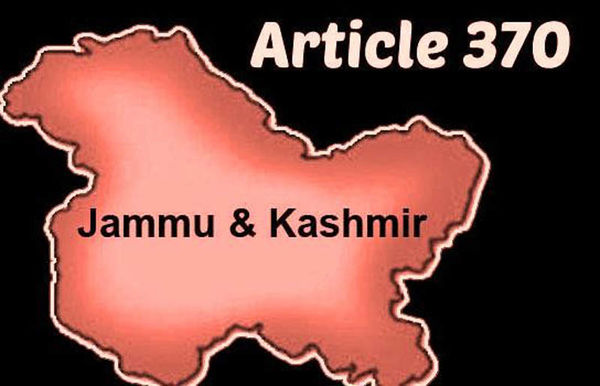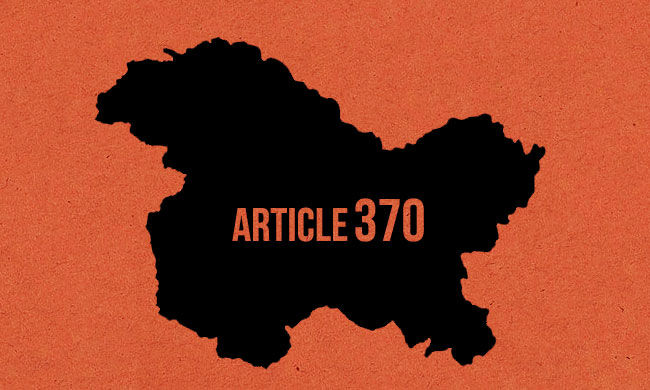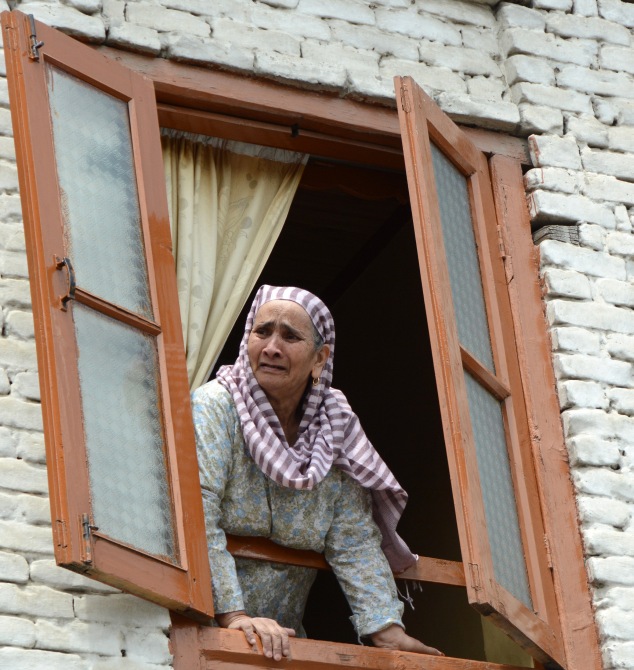
My Dear Prime Minister,
I am constrained to write to you, because of the recent developments in Jammu and Kashmir, the attack on our air station in Pathankot , and now in Uri, where we have lost precious lives not to mention the many injured.
The lack of response by India to the latest attack, has clearly been due in large measure, to the sobering effect of nuclear weapons possessed by both sides. India, by conducting the nuclear tests in 1998, was largely responsible for escalating the nuclear arms race in the region. It appears that this might have left us with little choice but to step back after the Uri attack. Needless to say my own views against nuclear weapons are well known, and I do strongly believe that by overtly announcing our nuclear weapons capability we have lost the conventional advantage over Pakistan that we had for all these years.
Notwithstanding the foregoing, national security needs to be discussed in some detail with not only the Chief of the Army Staff , the National Security Adviser and the members of the CCSA (Cabinet Committee on Security Affairs,) but equally importantly, also with the heads of the Navy and the Air Force. Should we decide to go to war, or should the Pakistanis chose to escalate the levels, preparatory work, advice and the engagement of all the three service Chiefs are essential. We should be prepared for all contingencies and this is ultimately a task for the Military leadership.
However, to revert to the overall question of Indo-‐Pak relations, one of the major causes of the continuing hostility between Pakistan and India, has been the inability to resolve the Kashmir issue. Over the years successive Indian governments since 1948 have failed to find a solution for Kashmir. Recent events, including the violence and unrest in the valley, has further reinforced what many have been saying, that there can be no military solution to the Kashmir problem. Peace can only be restored through a dialogue leading to a political solution
Till now unfortunately we appear to have resorted to inflexible, half baked and knee jerk reactions -‐ as was evident in the approach adopted by the recent visit of the all party delegation of members of Parliament. It is increasingly clear that in order to regain the trust of the people of Kashmir, India needs to be imaginative and demonstrate our willingness to find a political solution which will be acceptable to all parties concerned.
This would mean revisiting the promises made at the time of the accession of Jammu and Kashmir to India. Further, this could also mean a flexible response towards restoring autonomy as promised. To achieve this we need to be open to discuss matters with all the groups in Kashmir. We are all aware of the resolution passed by the J&K assembly in 2004 demanding autonomy, but it fell on deaf ears, since the Congress Government of the day did nothing to take this matter forward . You will agree with me sir that restoring the trust deficit is crucial for peace in South Asia.
By way of my credentials in writing to you on this matter, in addition to having headed the Indian Navy, and seen active service in the 1971 Bangla Desh war, I have been giving much serious thought to the overall issues concerning the development, and security of our region, even whilst in service. Contrary to a popularly held view among many of our senior service and other officials, three and half wars with Pakistan have shown me that wars and military actions have not found us the answers to the intractable problems of our region.
This is what has prompted my active engagement in seeking solutions which would reduce hostility, contribute to better neighbourhood management, and in the long run and help the people of our region to lead a better quality of life.
Whilst heading the service in 1992, we in the Indian Navy organized a seminar entitled “Challenges and Opportunities in the Indian Ocean in the 21st Century”, designed to bring together the littoral seafaring nations of the region in a conversation about maritime heritage and joint efforts to combat threats. Participants unanimously supported the suggestion I made that we must change the Indian Ocean from an area of conflict to one of cooperation. I had also advocated setting up of an Indian Ocean Panchayat , which would resolve conflicts between states peacefully. Recent initiatives taken by your Government and the Indian Navy, have built on this.
In the post retirement years, my efforts to explore several independent civil society initiatives for peace, democracy and greater people to people contact, has led to my engagement with the PIPFPD (Pakistan India Peoples Forum for Peace and Democracy), and other initiatives on Nuclear Disarmament. In 2004 these efforts were recognized by the award of the Magsaysay Award for Peace, jointly to myself and my colleague Mr I A Rehman from Pakistan .
All our efforts however finally end in a kind of deadlock around the unresolved and complex question of Kashmir. I had often shared this with your distinguished predecessor Shri Atal Bihari Vajpayee, and his NSA, the late Shri Brajesh Misra, both of whom were open to the idea of pursuing the path of dialogue whilst remaining tough diplomatically.
To regain trust of the people in Kashmir requires sincere, genuine and long term solutions which will also make the people, especially the youth , feel that they are a valued part of our society. Meeting violence with more violence has never solved issues. If I might venture to suggest – we should also initiate an open discussion regarding a gradual withdrawal of military presence in some key areas – which could also include a discussion on AFSPA(Armed Forces Special Powers Act).
I am sure that you as Prime Minister will seriously consider some of these suggestions, emanating as they do from one of the senior most former Service Chiefs. I would also like to commend you for not being influenced by those who impulsively and irresponsibly have advocated using the nuclear option – this, in my view, would be a catastrophic path to follow for many good reasons.
In conclusion I would like to say that I have been part of several Track II and other peace initiatives – including visiting both Kashmir and Pakistan over the years. Regardless of the calibrated response we must make to the impunity of the latest attacks on Uri, we need to keep the doors open for dialogue with the people of Jammu and Kashmir, as also with Pakistan. Although I am 83 years old, I am still active, and quite ready to volunteer for any such initiative.
With regards
Yours sincerely
Admiral L. Ramdas
Admiral L Ramdas is former Chief of Naval Staff of the Indian navy


